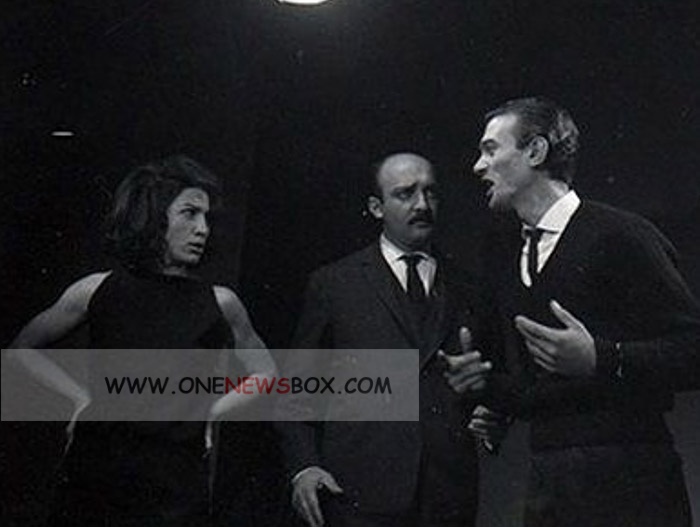“After her separation, and later her divorce (1954), from Parviz, she lost custody of her son because she had had several affairs. Her son Kamyar, whom she affectionately calls Kami, was taken away from her and brought up by Parviz and his family. Forugh was given very few visiting rights, and the child was brought up with the impression that his mother had abandoned him for poetry and the pursuit of her sexual pleasures. The thought of her son thinking that she willingly abandoned him, was a source of great sorrow and constant torment for her.”
What set Farrokhzad apart was her fearless use of personal experience and female perspective in a literary culture dominated by men. She wrote about love and sensuality in ways that defied social taboos, presenting women as independent beings with emotional and physical desires. Her later works, particularly Another Birth (1964), showed maturity and philosophical depth, blending personal struggles with broader reflections on human existence, mortality, and creativity.

